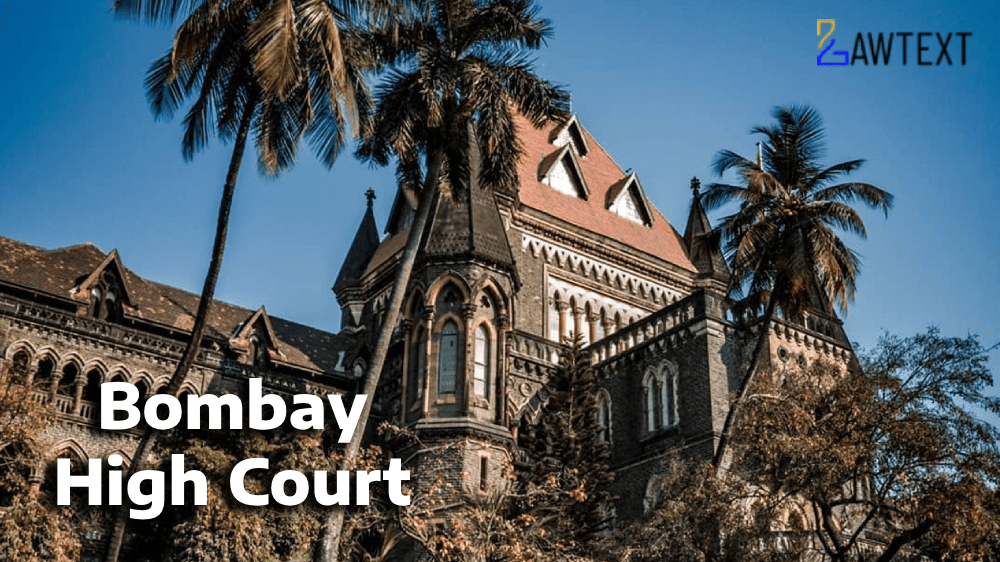Court Upholds NDRF Officer's Transfer for Field Training. Specialized Skills in Radiological, Biological, and Chemical Emergencies Not Sufficient to Prevent Transfer, Says Court.

CASE NOTE & SUMMARY
The petitioner, an officer from the CRPF deputed to the NDRF Academy in Nagpur, challenged his transfer to the NDRF Battalion in Baroda. He argued that his specialized skills in handling radiological, biological, and chemical emergencies made the transfer unnecessary and that proper guidelines for such a transfer were not followed. The respondents countered, asserting the need for field training to ensure high-quality disaster management training. The court dismissed the petition, upholding the transfer as within the prerogative of the NDRF Academy and emphasizing the importance of field experience for instructors.
1. Rule and Hearing
- The case was heard finally by the consent of learned Counsel for both parties and taken up for final hearing at the stage of admission.
2. Petitioner's Grievance
- The petitioner, aggrieved by an office order dated 07/03/2023, was transferred from the NDRF Academy in Nagpur to the NDRF Battalion in Baroda.
3. Petitioner's Background
- The petitioner, initially appointed as a Sub Inspector by the CRPF, is currently working as Deputy Commandant. He was deputed to the NDRF Academy due to his specialization in radiological, biological, and chemical emergencies.
4. Grounds of Petitioner's Challenge
- The petitioner argued his transfer was unnecessary, arbitrary, and against guidelines. He emphasized his specialization and unblemished service record.
5. Respondents' Counterarguments
- The respondents argued there is no fixed deputation period, and the petitioner was transferred in public interest and administrative convenience. They emphasized the need for field experience for effective disaster management training.
6. Court's Analysis
- The court noted that the necessity of field training is within the prerogative of the NDRF Academy. It found no unreasonableness or arbitrariness in the respondents' actions.
7. Legal Precedents Cited
- The petitioner and respondents cited several Supreme Court cases regarding deputation, transfer, and service conditions.
8. Final Decision
- The court dismissed the petition, upholding the transfer order as lawful and within the jurisdiction of the respondents. The interim order was vacated, and no costs were awarded.
ISSUE OF CONSIDERATION
Mr. Nishant Kumar Choudhary VERSUS The Union of India Ors.
Citation: 2024 LawText (BOM) (6) 205
Case Number: WRIT PETITION NO. 1596/2023
Date of Decision: 2024-06-20
Case Title: Mr. Nishant Kumar Choudhary VERSUS The Union of India Ors.
Before Judge: VINAY JOSHI AND SMT. M.S. JAWALKAR, J J ..
Advocate(s): Shri S.S. Sanyal, Advocate for petitioner Shri N.S. Deshpande, DSGI for respondent Nos.1 to 4.
Appellant: Mr. Nishant Kumar Choudhary
Respondent: The Union of India Ors.

